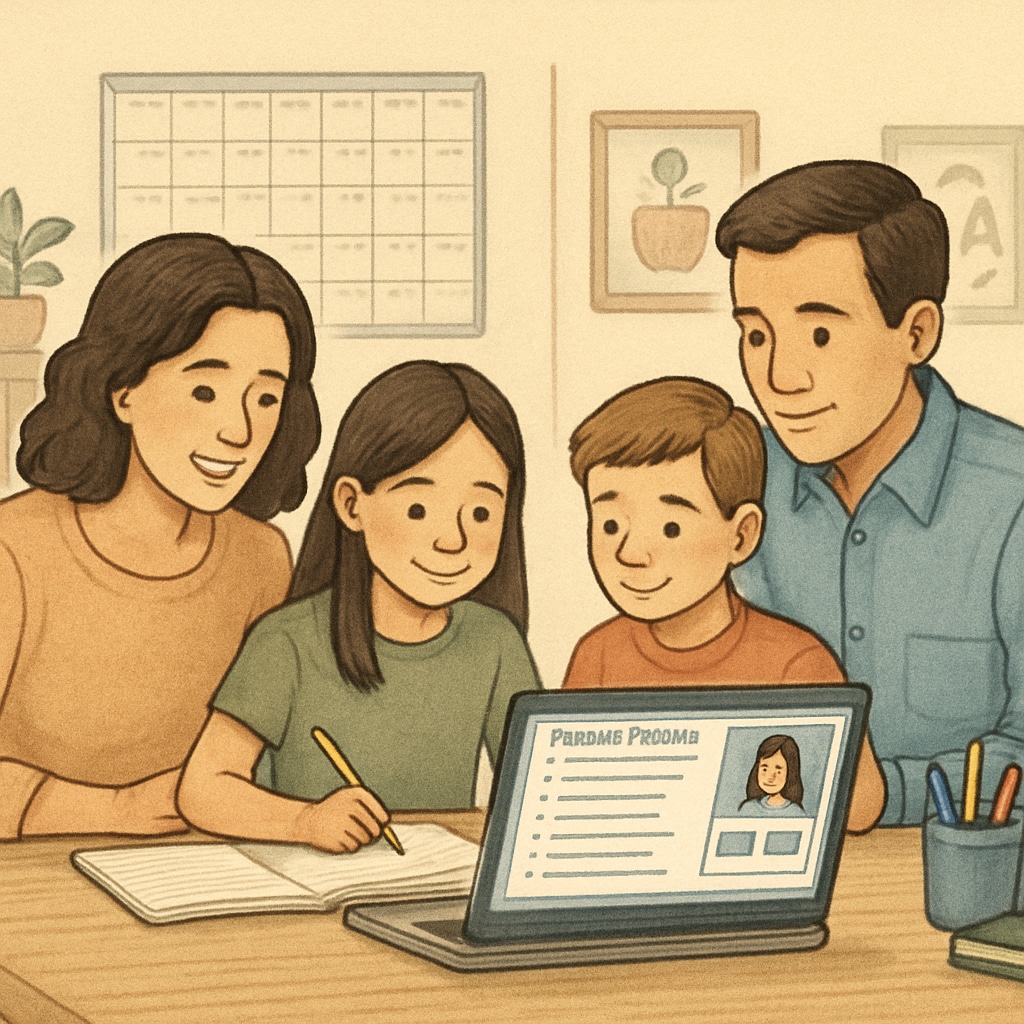The rise of online public schools is reshaping how families approach education. With increasing access to digital tools and virtual learning platforms, many parents are choosing online public education as a viable alternative to traditional classrooms. This decision stems from diverse motivations, including the need for personalized learning experiences, flexibility in family schedules, and adapting to unique student needs. The shift highlights a growing interest in education models that align better with modern family dynamics and individualized student goals.
Personalized Learning: Catering to Individual Needs
One of the primary reasons parents turn to online public schools is the ability to provide a personalized learning experience for their children. Traditional classrooms often follow a one-size-fits-all approach, making it challenging to address the distinct learning pace and style of each student. In contrast, virtual education platforms allow students to progress at their own speed, revisit challenging topics, and explore areas of interest more deeply. This tailored approach fosters greater engagement and academic success.
For example, students who excel in specific subjects can advance beyond their grade level, while those needing extra support can access additional resources or one-on-one assistance. This adaptability makes online public schools an attractive option for families with gifted children, students with learning differences, or those recovering from academic setbacks.

Flexibility: Balancing Education with Family Lifestyles
Another key factor driving the adoption of online public education is the flexibility it offers. In modern households, family schedules can be complex, with parents managing work commitments, extracurricular activities, and other responsibilities. Online schools allow parents to design a learning schedule that accommodates their unique routines, ensuring education does not conflict with other priorities.
This flexibility is especially beneficial for families who travel frequently, such as military families, digital nomads, or those involved in competitive sports or arts. Online education ensures continuity in learning, regardless of location. Additionally, it enables parents to be more involved in their child’s education, fostering a collaborative learning environment at home.

Addressing Pandemic-Driven Changes in Education
The COVID-19 pandemic played a significant role in accelerating the adoption of online education. During widespread school closures and remote learning mandates, many families experienced virtual classrooms for the first time. While some struggled with the transition, others discovered the benefits of online public schools and opted to continue with this model even after traditional schools reopened.
For these parents, the pandemic highlighted the potential of virtual education to provide a safe, adaptable, and effective learning environment. Moving forward, the lessons learned during this period are likely to shape the perception and implementation of online learning for years to come.
Challenges and Considerations for Parents
While the benefits of online public education are clear, it is not without its challenges. Parents must weigh factors such as the quality of the curriculum, the need for reliable technology, and the importance of social interaction. Critics argue that virtual schools may lack the social development opportunities provided by traditional classrooms. However, many online programs now incorporate virtual clubs, group projects, and community events to address this concern.
Additionally, successful online learning often requires strong self-discipline and motivation, which may not come naturally to every student. Parents must play an active role in monitoring their child’s progress and providing the necessary support to ensure success.
Despite these challenges, the growing popularity of online public schools suggests that many families find the benefits outweigh the drawbacks. By carefully evaluating their child’s needs and available resources, parents can make informed decisions about whether this education model is the right fit for their family.
The Future of Online Public Education
As technology continues to evolve, the role of online public schools is likely to expand. Innovations such as artificial intelligence, virtual reality, and advanced learning analytics could further enhance the personalization and effectiveness of virtual classrooms. Additionally, increased investment in online education infrastructure may help address existing limitations, such as access disparities and curriculum quality.
For parents considering this option, online public education represents an opportunity to rethink traditional schooling approaches. By prioritizing flexibility, personalization, and adaptability, this model offers a compelling alternative that aligns with the demands of modern family life.
In conclusion, the shift toward online public schools reflects a broader trend of innovation in education. Families are increasingly seeking solutions that meet their diverse needs, and virtual learning provides a promising pathway. As the education landscape continues to evolve, online public schools are poised to play a significant role in shaping the future of learning.
Readability guidance: This article follows a clear structure with short paragraphs, frequent use of transition words, and balanced sentence lengths. Lists and images are used to enhance comprehension and support key points. The content maintains a professional tone while remaining accessible to a general audience.


